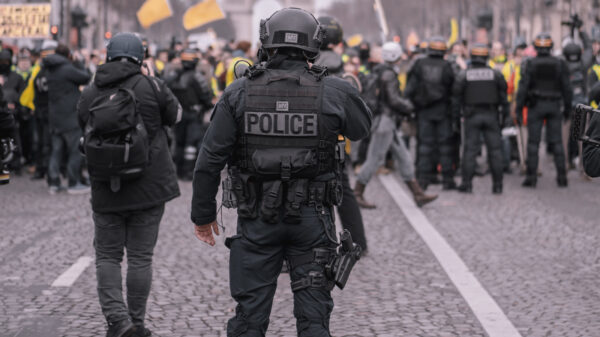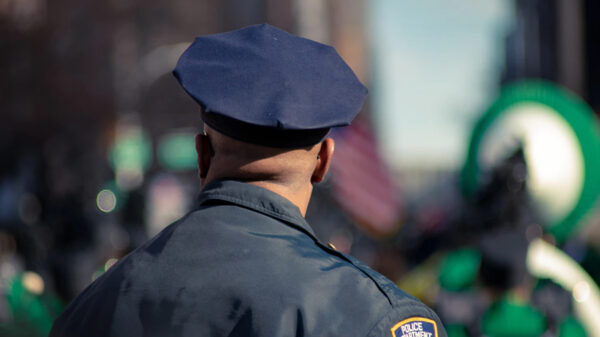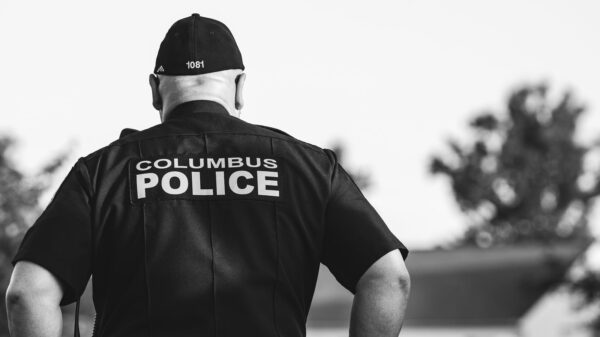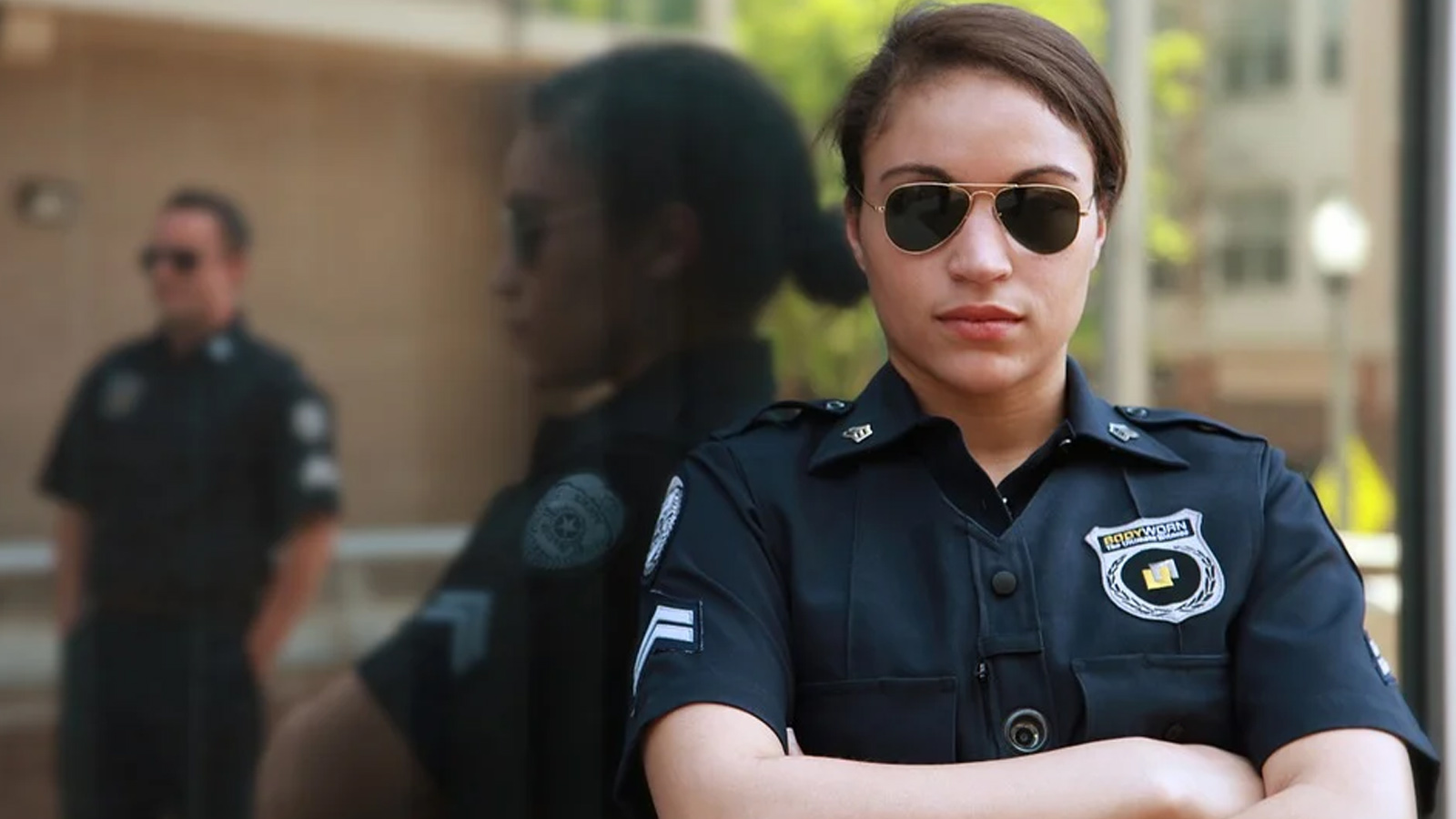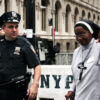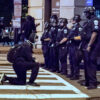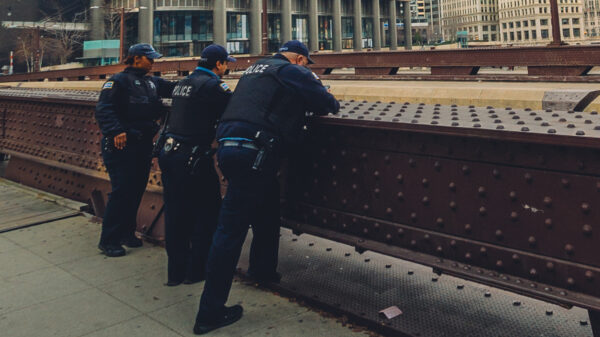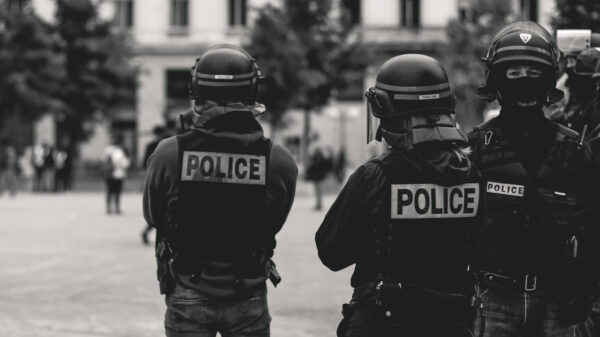Hopelessness touches us all at some point—whether through personal struggles, global crises, or the heavy burdens of daily life. For those in law enforcement, confronting hopelessness is not a theoretical exercise but part of the lived reality of the profession. Police officers encounter people at their lowest moments and are tasked with restoring order, offering protection, and sometimes bearing witness to deep suffering. Yet even those called to serve are not immune to the weight of despair. Recognizing and addressing hopelessness is essential—not only for the communities served but for the officers themselves.
It’s well established that depression and hopelessness are closely linked. Clinical data reveals that nearly 300 million people worldwide live with depression, and in the U.S., about 18 million adults are affected each year. The figures are alarming among the youngest: millions of children and teens face depression, and persistent feelings of hopelessness are rising—especially among boys and girls in their teens. For law enforcement professionals, these facts underscore a critical reality: despair is no respecter of age, status, or vocation. Police officers encounter these statistics as they serve, but they also experience such struggles internally.
Hopelessness doesn’t always announce itself loudly; sometimes it creeps in when we lose interest in meaningful pursuits or feel increasingly detached. Researchers have tied significant rises in hopelessness to social media use—not just its content, but the endless scroll of negativity that amplifies our sense of a fallen, polarized world. Studies now show that around 70% of people no longer feel optimistic about positive change. For officers, exposed daily to the worst in society, the challenge of maintaining hope grows difficult. It’s easy to become convinced that things will not improve.
Despair is not merely an emotional struggle; it is destructive on many fronts. When hopelessness sets in, it brings with it loneliness, isolation, and contributes to depression and trauma. Those feeling hopeless seek therapy and medication more frequently, yet even then, the darkest consequences remain. Hopelessness is unequivocally tied to suicide. It also deteriorates physical health, causing fatigue, lack of energy, and chronic illnesses such as cardiovascular disease. It may inhibit recovery from serious medical conditions, and predicts not only health outcomes but even survival rates for those facing dire illnesses.
Amid these challenging realities, hope emerges as a decisive factor in mental and physical health. Philosopher Hans-Georg Gadamer was right when he observed, “People cannot live without hope.” Hope drives people to act, persevere, and flourish. Hopeful individuals thrive in relationships and work, communicate openly, and show resilience. They are better parents, and hopeful children avoid dangerous behaviors. Helen Keller summed it up well: “Optimism is the faith that leads to achievement; nothing can be done without hope.” Hope powers achievement, resiliency, and growth.
Hope drives people to act, persevere, and flourish. Hopeful individuals thrive in relationships and work, communicate openly, and show resilience. Share on XWhy, then, do so many lose hope? The concerns Americans identify—economic anxiety, crime, violence, moral decline, polarization—these weigh heavily on the collective spirit. For those in law enforcement, daily exposure to these harsh realities can prompt existential questioning: why do people hurt each other, why do injustice and violence persist? Sometimes, these issues seem beyond resolution. Management consultant Peter Drucker once noted the danger is not in wrong answers, but in asking the wrong questions. Instead of asking why trouble persists, consider: “Were we created in the image of a God from whom we have strayed? Might this God offer hope and power to save us from ourselves?”
Law enforcement officers may find renewed strength by turning to their faith. Religious belief, as research demonstrates, buffers the soul against hopelessness. Those who find meaning through religious conviction tend to be more optimistic and less likely to fall into severe despair or suicidal ideation. Not all forms of belief offer this same hope, however. The most effective is belief in a “concerned God” who cares about personal welfare, listens to prayers, and offers eternal life. Officers who embrace prayer and trust in a sovereign, caring God often feel more resilient—even when facing trauma or life’s darkest valleys. The Christian faith centers on just such a God. Jesus knows each person intimately, listens to prayers, and offers not only the power to save but the assurance of eternal life.
What practical steps can officers take to maintain hope in this challenging field? First, identify and share your feelings with trusted friends or mentors. Isolation breeds hopelessness, but honest communication fosters resilience. Second, cultivate healthy routines outside of work: exercise, hobbies, time with family, and community involvement. Third, limit exposure to negative media and focus on stories of redemption, change, and growth—even small victories matter. Fourth, commit to prayer and develop spiritual disciplines rooted in the promise of God’s attentive care. Finally, seek professional support if feelings of hopelessness persist. Remember, seeking help is a sign of strength, not weakness.
Law enforcement is more than a profession; it is a calling to protect, to serve, and to bring hope where it is needed most. Maintaining hope is not just about improving personal wellbeing but about being equipped to offer hope to others. Christians are called to be salt and light, reflecting the hope that comes from relationship with Jesus. Officers, in a unique position on society’s front lines, can exemplify this hope—drawing on faith, finding meaning, and persevering in the belief that, with God’s help, even the most desperate situations are not beyond redemption.
If you haven’t yet trusted the Savior who can give you hope and confidence, there is no better time than now. To learn more about the power of Christianity to provide hope and how this power establishes the reliability of the Bible, please read The Truth in True Crime: What Investigating Death Teaches Us About the Meaning of Life.
J. Warner Wallace is a Dateline featured cold-case homicide detective, popular national speaker and best-selling author. He continues to consult on cold-case investigations while serving as a Senior Fellow at the Colson Center for Christian Worldview. He is also an Adj. Professor of Christian Apologetics at Talbot School of Theology, Biola University, and a faculty member at Summit Ministries. J. Warner presently serves as a chaplain for his agency and holds a BA in Design (from CSULB), an MA in Architecture (from UCLA), and an MA in Theological Studies (from Gateway Seminary).


